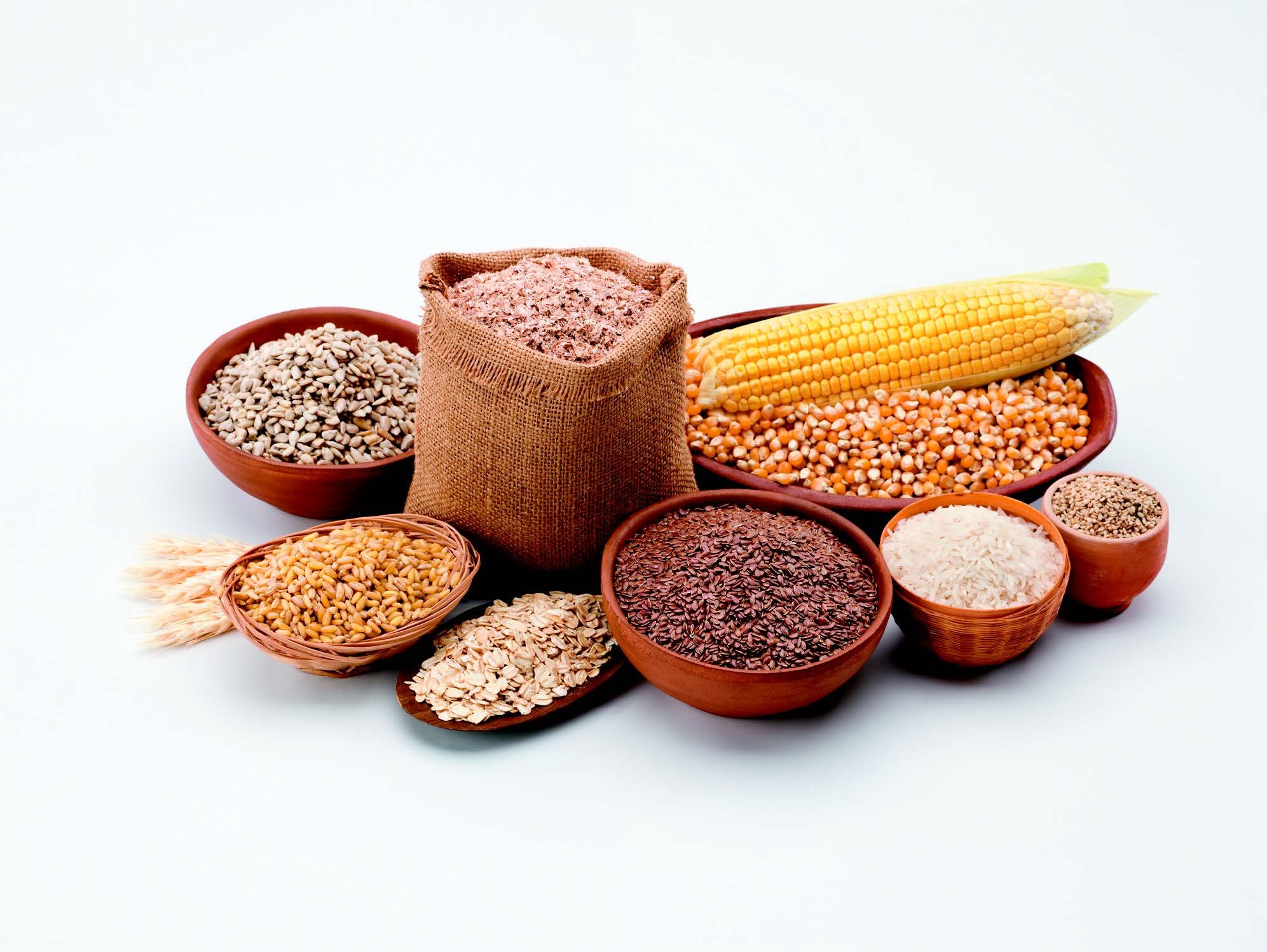
list of different type of food
Food is any material (usually of plant or animal origin) that is consumed to sustain life and maintain growth and repair of tissues. Food provides nutrients and energy that are necessary for the body to carry out various functions, including metabolism, movement, and cognitive activities. Food can be categorized according to its nutrient composition, such as carbohydrates, proteins, fats, vitamins, and minerals, and can also be classified based on cultural, religious or geographical factors. Some common sources of food include fruits, vegetables, grains, meat, fish, dairy products, and nuts.
Whole foods:
Whole foods include fruits, vegetables, whole grains, nuts, and seeds that are minimally processed. They are rich in fiber, vitamins, and minerals that help maintain good health. However, they are also perishable and require proper storage and preparation.
Whole food refers to food that is minimally processed and in its natural state or close to it. It is typically unrefined or minimally refined and free from additives, artificial ingredients, and preservatives. Examples of whole foods include fruits, vegetables, whole grains, nuts, seeds, and legumes. Consuming whole foods is generally considered to be beneficial for overall health and well-being because they are nutrient-dense and contain a variety of vitamins, minerals, and healthy fats.
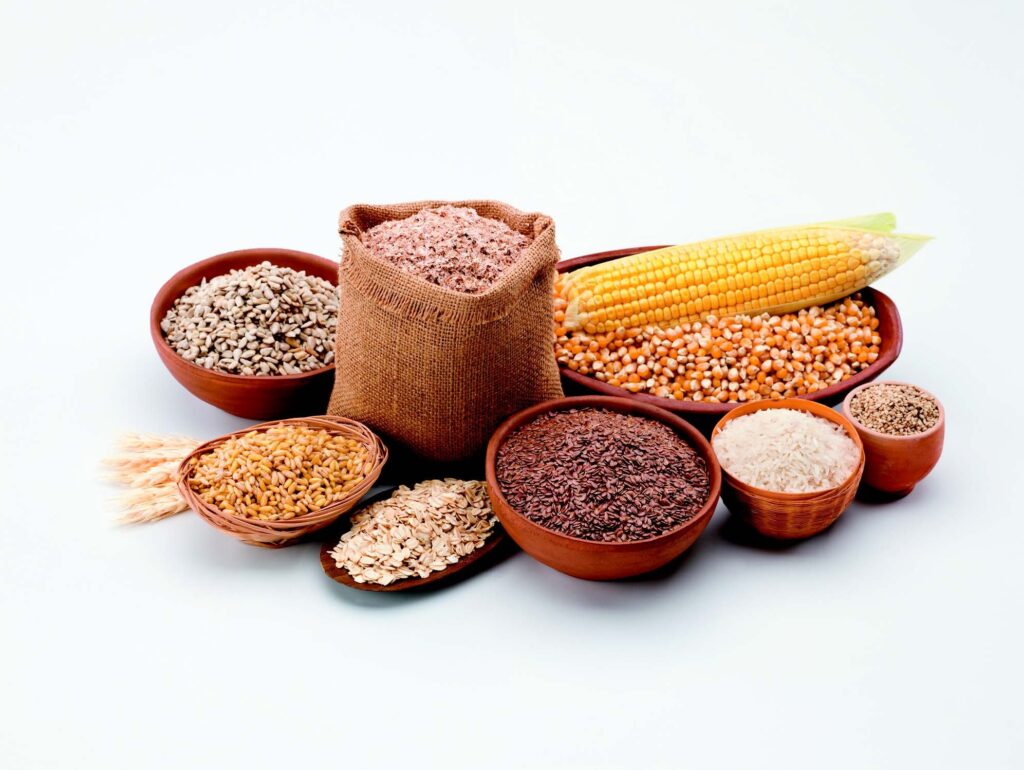
Processed foods:
Processed foods include ready-to-eat meals, snacks, and sugary drinks that are high in salt, sugar, and fat. They are convenient and have a long shelf life, but they often lack essential nutrients and increase the risk of chronic diseases like obesity, diabetes, and heart disease.
Processed food refers to any food that has undergone some type of processing, typically involving additives or technological processes such as canning, freezing, baking, or drying. These foods generally consist of ingredients that have been altered from their original state, often to increase shelf life, enhance flavor or texture, or reduce preparation time. Some examples of processed foods include cereal, granola bars, packaged snacks, canned soups, frozen meals, and deli meats. While not all processed foods are unhealthy, some have been linked to health issues such as obesity, heart disease, and type 2 diabetes if consumed in excess.

Fast foods:
Fast foods like burgers, fries, and pizzas are popular for their taste and convenience but are high in calories, saturated fats, and sodium. Regular consumption of fast foods can lead to weight gain, high blood pressure, and other health problems.
Fast food refers to food that is quickly made, prepared and served to customers in restaurants or other food outlets. Fast food typically consists of pre-prepared and packaged meals or snacks, with a focus on convenience and speed in delivery. Common types of fast food include burgers, fries, pizza, hot dogs, fried chicken, and sandwiches, which are typically high in fat, salt, and sugar. Fast food is often associated with fast-paced modern living, where people have less time to cook meals at home and prefer quick and easy options.

Dairy products:
Dairy products like milk, cheese, and yogurt are excellent sources of calcium, vitamin D, and protein. However, they are high in saturated fats and lactose, which can cause digestive problems in some people.
Dairy products are foods made from milk, such as cheese, butter, yogurt, and ice cream. They provide a source of protein, calcium, and other essential nutrients. However, some people may be allergic to dairy products or prefer to avoid them due to dietary restrictions or personal beliefs. Plant-based alternatives to dairy products, such as almond milk or coconut yogurt, are becoming more widely available.
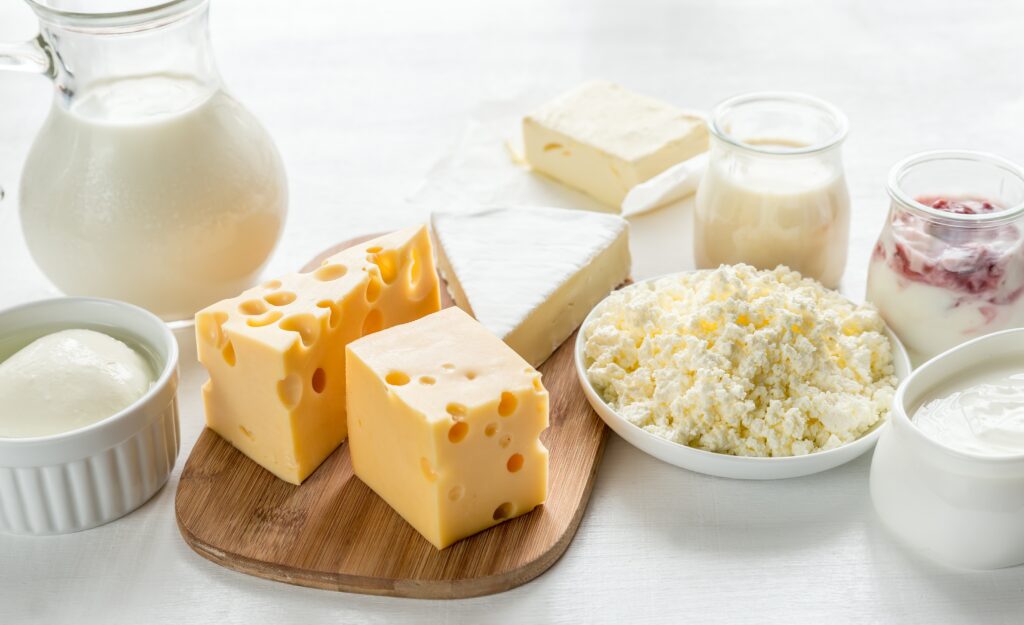
Meat and poultry:
Meat and poultry are good sources of protein, iron, and vitamin B12, but they are high in saturated fats and cholesterol. Regular consumption of red and processed meats increases the risk of heart disease and some cancers.
Meat and poultry refer to animal products that are consumed for their protein and nutrient content. Meat generally refers to the flesh of cows, pigs, sheep, goats, and other large animals, while poultry refers to the meat of chickens, turkeys, ducks, geese, and other birds. Both meat and poultry are important sources of nutrients such as protein, zinc, iron, and vitamins B12 and B6. However, they can also be high in saturated fat and cholesterol, which can contribute to heart disease if consumed in excess. As such, it is recommended to moderate consumption of meat and poultry to maintain a balanced diet.

Seafood:
Seafood like salmon, tuna, and sardines are rich in omega-3 fatty acids that help lower bad cholesterol and reduce the risk of heart disease. However, some seafood may contain high levels of mercury and other contaminants that can be harmful to health.
Seafood refers to any type of edible sea creatures that humans consume for food. It includes a wide variety of marine animals such as fish, crustaceans, mollusks, and other seafood. Eating seafood is both healthy and nutritious since it is rich in vitamins, minerals, and omega-3 fatty acids. Some popular seafood dishes include sushi, shrimp scampi, crab cakes, lobster bisque, and many more. However, it is important to pay attention to the sustainability and origin of the seafood to make responsible and environmentally conscious choices.

Plant-based proteins:
Plant-based proteins like beans, lentils, tofu, and tempeh are low in saturated fats and cholesterol and rich in fiber, vitamins, and minerals. They are also environmentally friendly and sustainable.
Plant-based proteins are protein sources that come from plants rather than animal sources such as meat, dairy, and eggs. Examples of plant-based proteins include:
- Legumes: Beans, peas, lentils, chickpeas, and soybeans are all excellent sources of protein.
- Nuts and seeds: Almonds, walnuts, cashews, sunflower seeds, chia seeds, and pumpkin seeds are all good sources of protein.
- Grains: Quinoa, whole wheat, and oats are all examples of grains that contain protein.
- Vegetables: Broccoli, spinach, kale, mushrooms, and Brussels sprouts all contain some protein.
- Plant-based protein powders: Some examples include pea protein, soy protein, and rice protein powders, which are made by extracting protein from plant sources.
Plant-based proteins are an excellent choice for those following a vegetarian or vegan diet or those looking to reduce their meat intake. They are also often high in fiber, vitamins, and minerals and may provide additional health benefits such as reduced risk of chronic diseases.
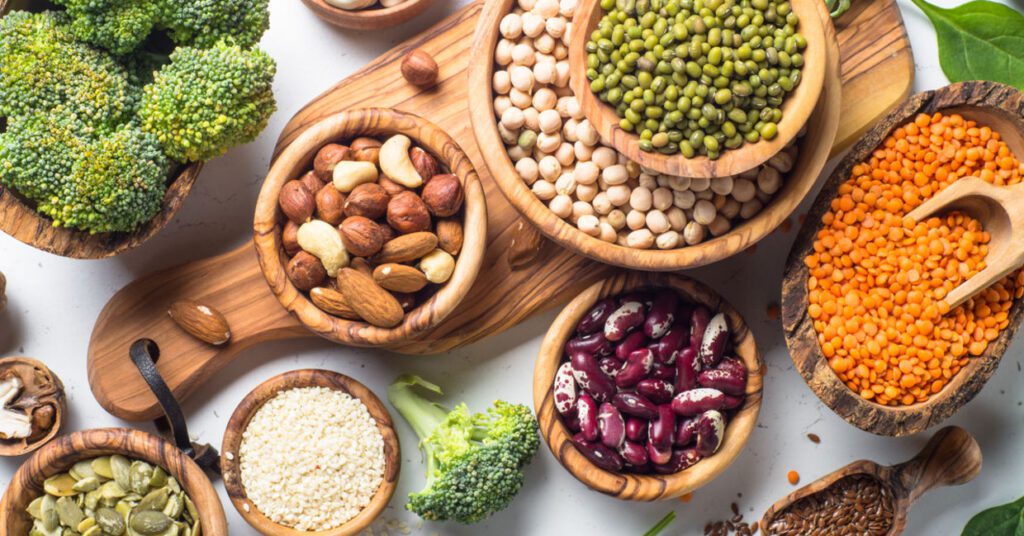
In conclusion, each type of food has its benefits and drawbacks, and it’s essential to maintain a balanced diet that includes a variety of foods from different food groups. A diet rich in whole foods, lean proteins, and plant-based options, and limited consumption of processed and fast foods is ideal for maintaining good health.




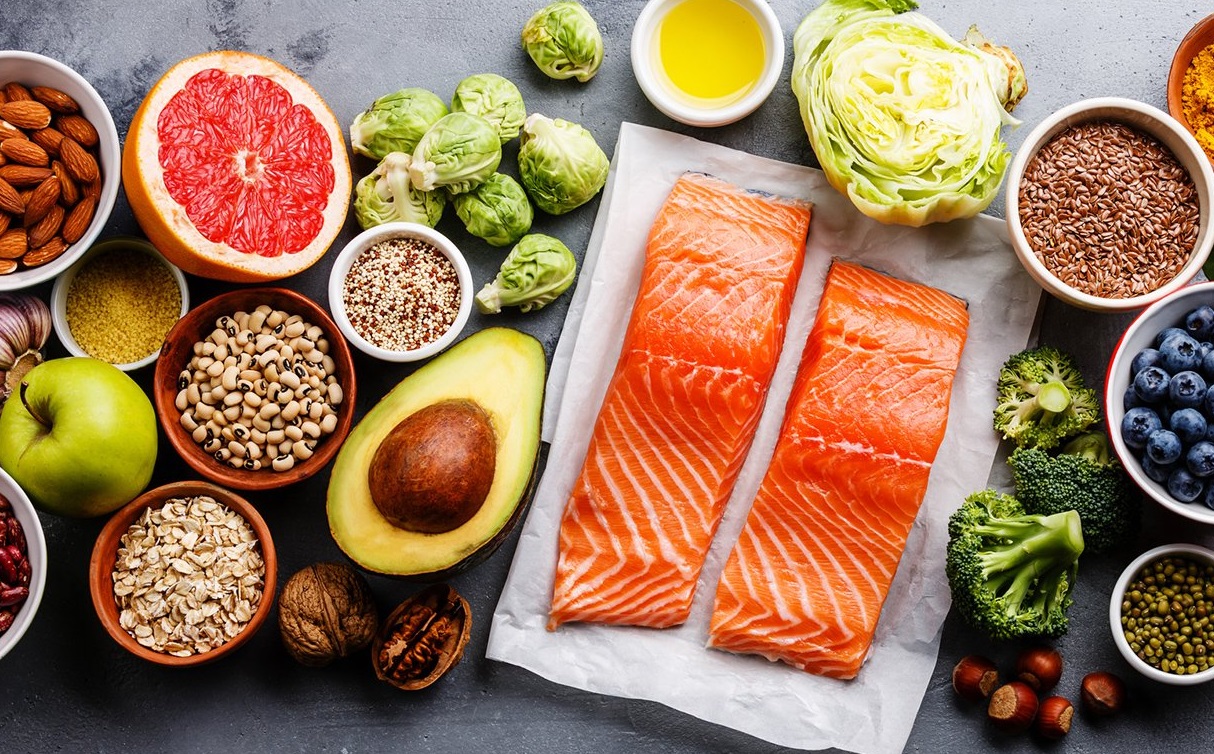

-
-
2 years
Tagged beginners, guide, gym